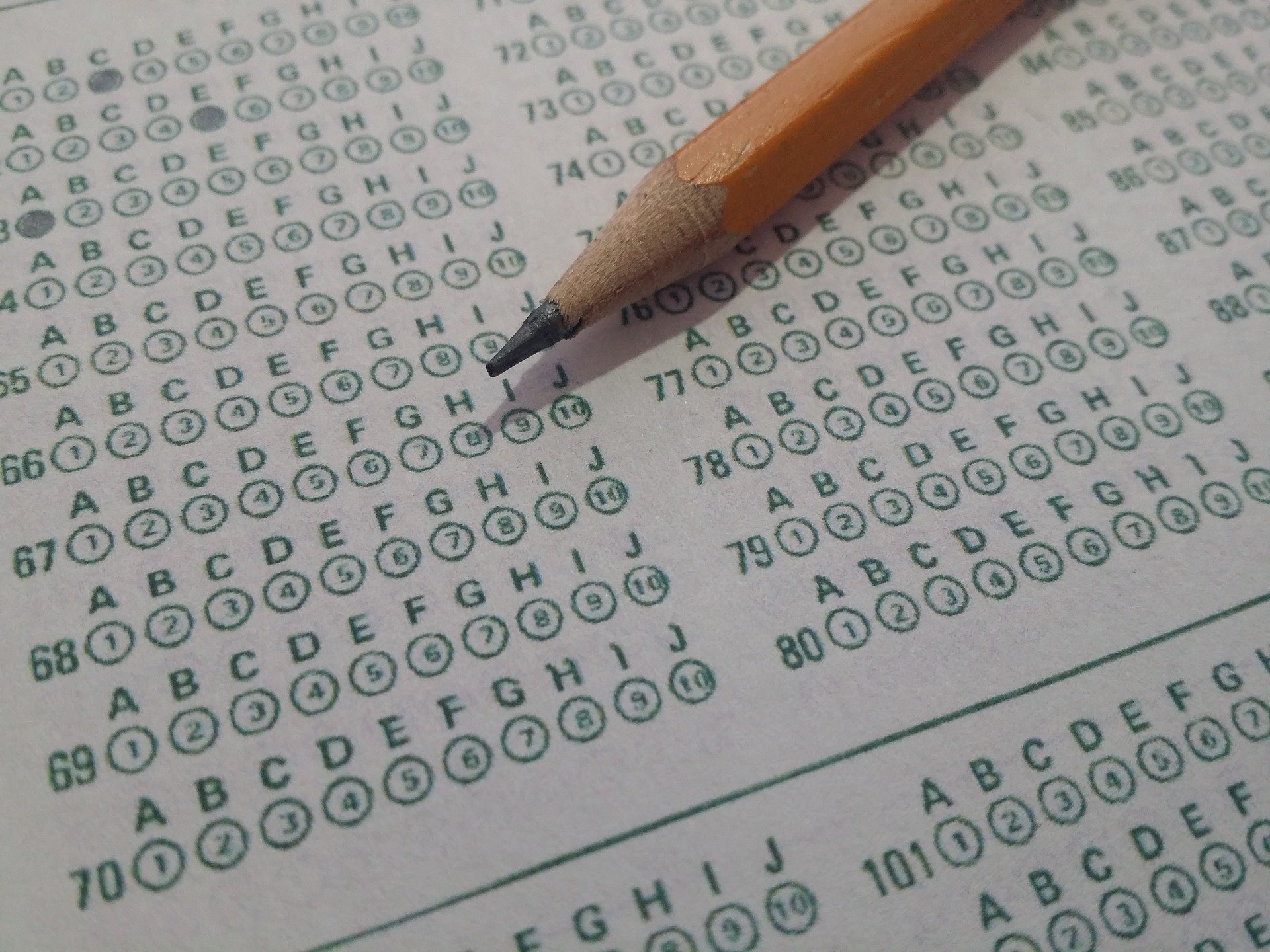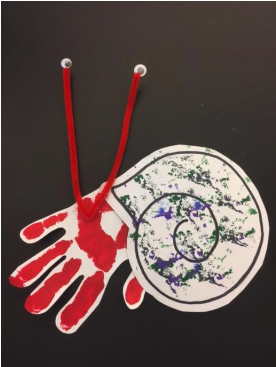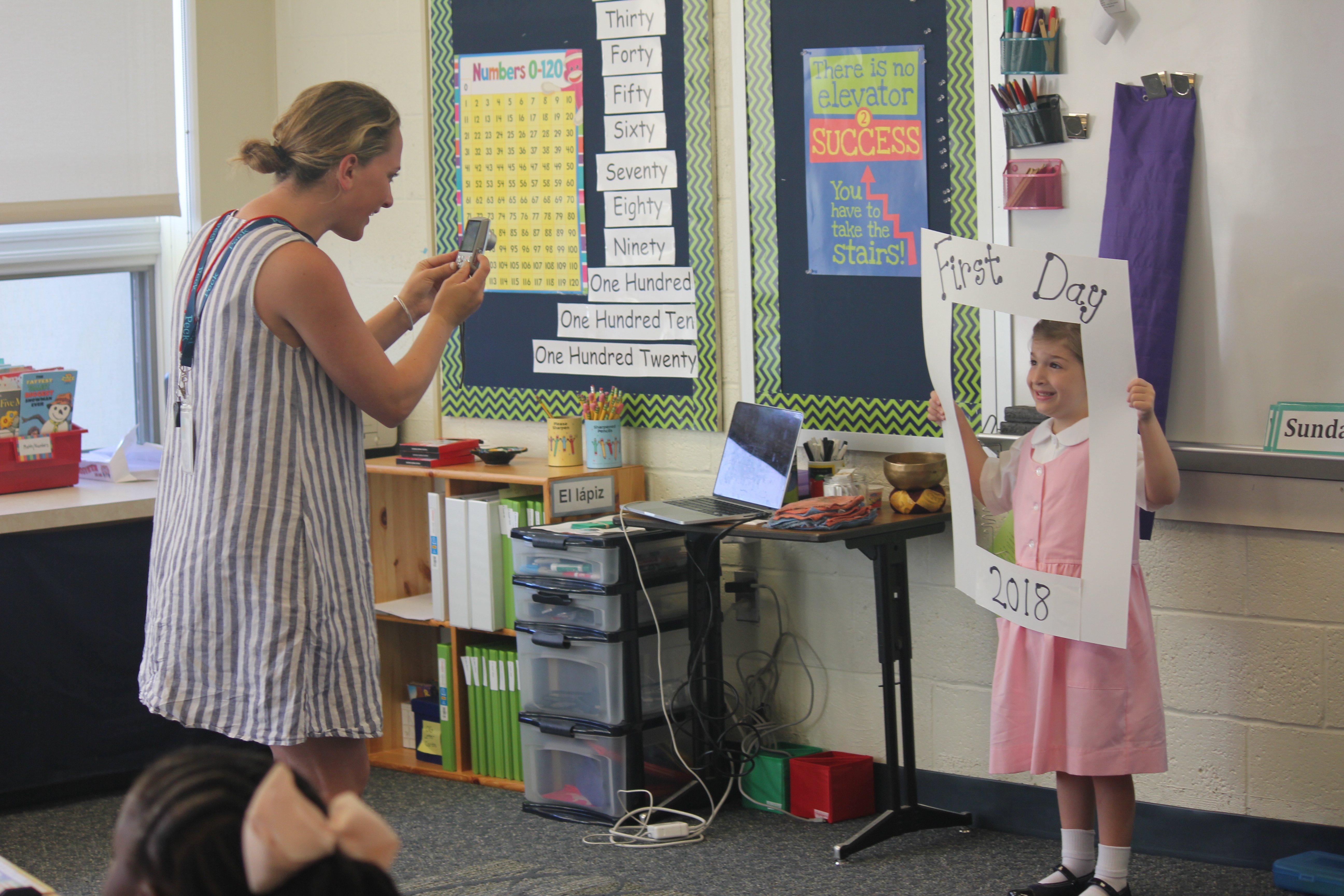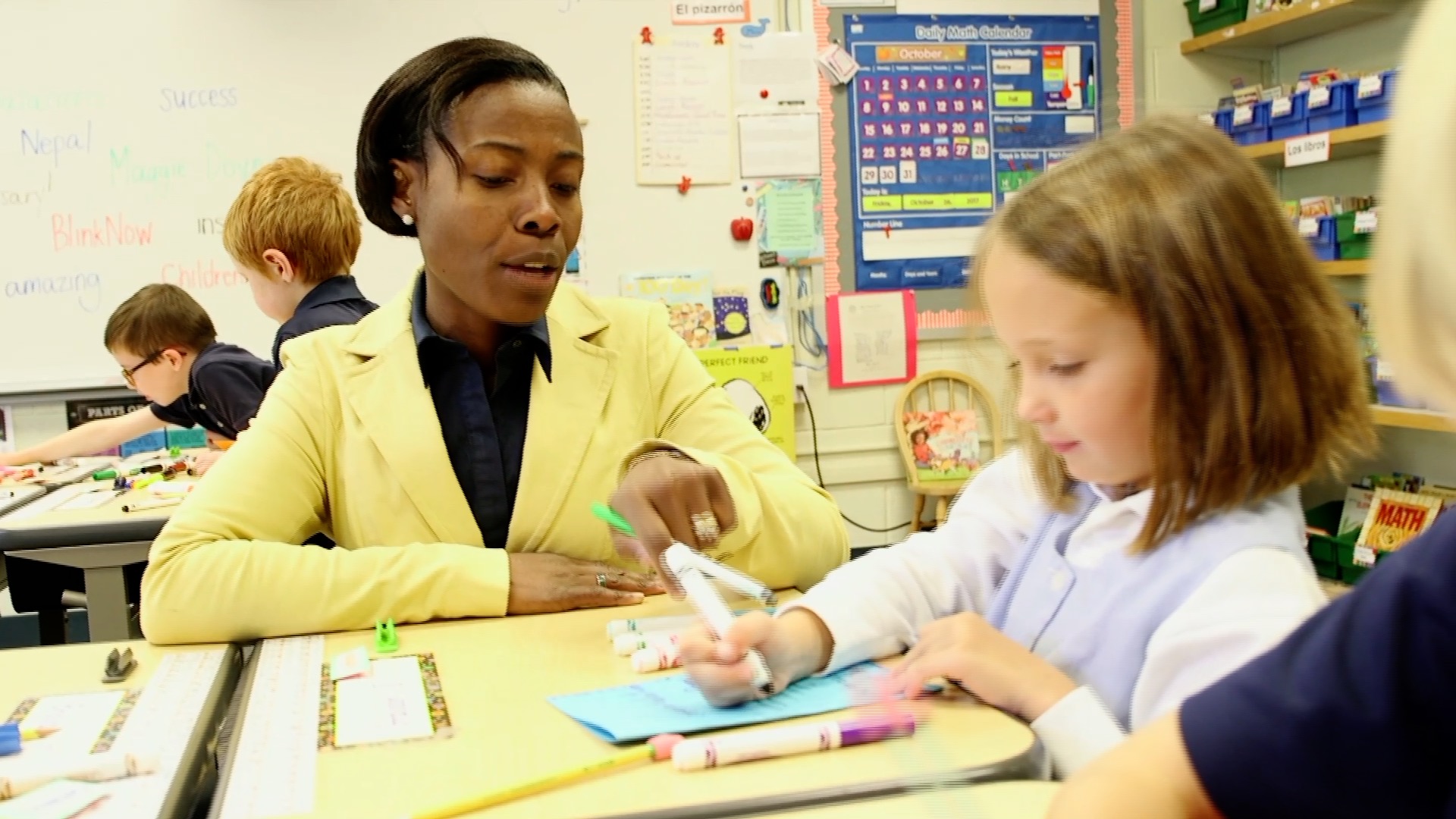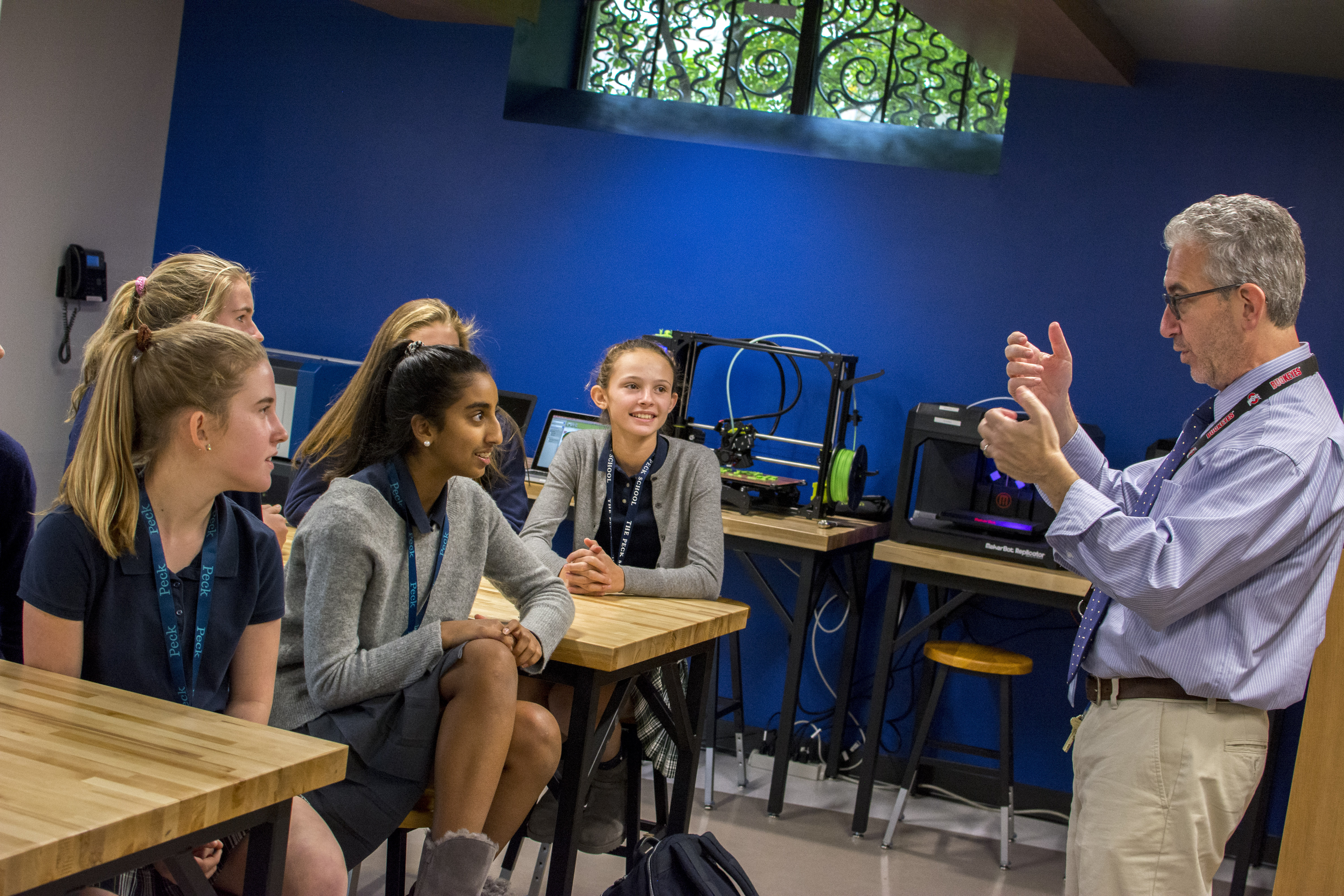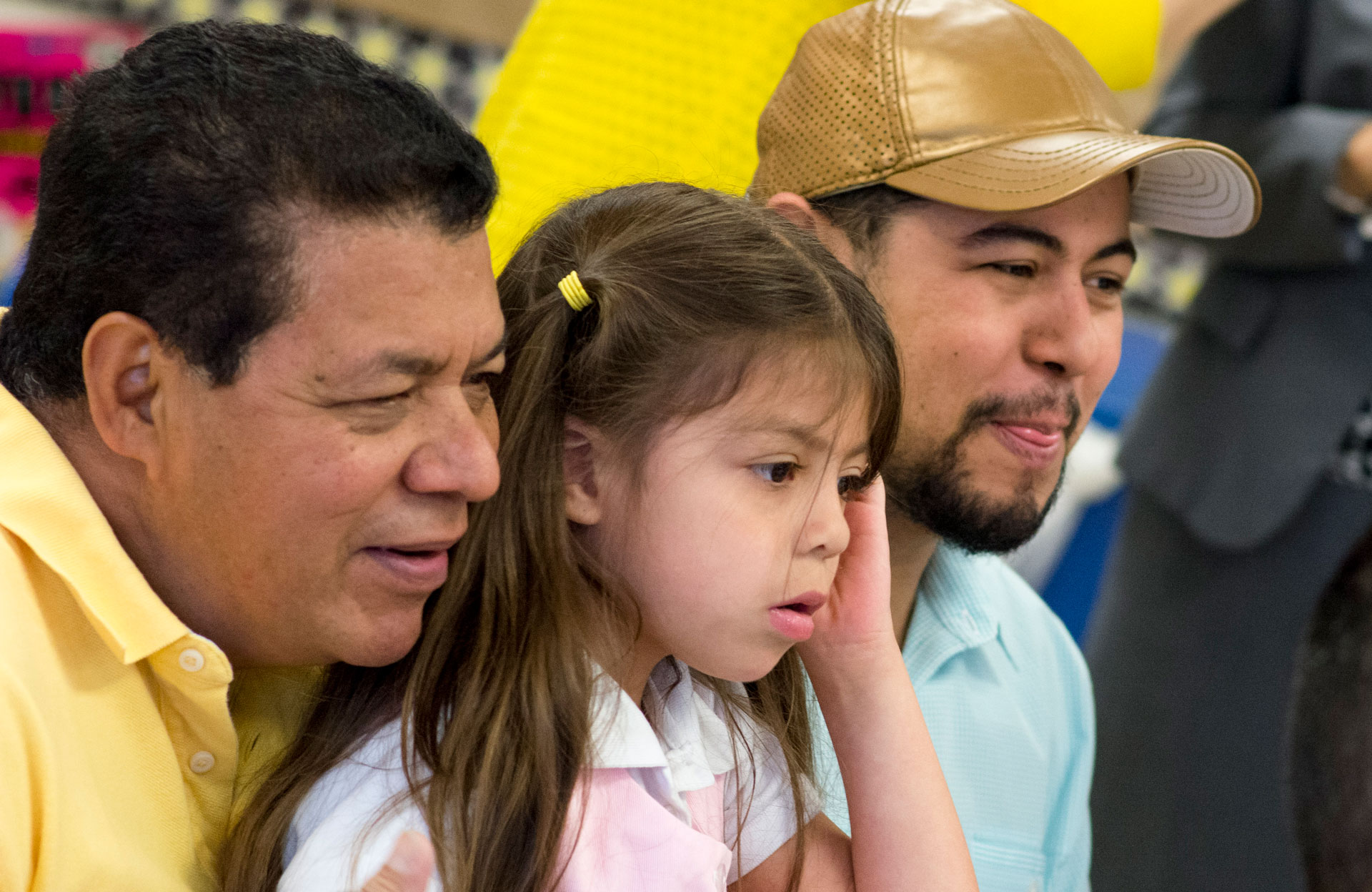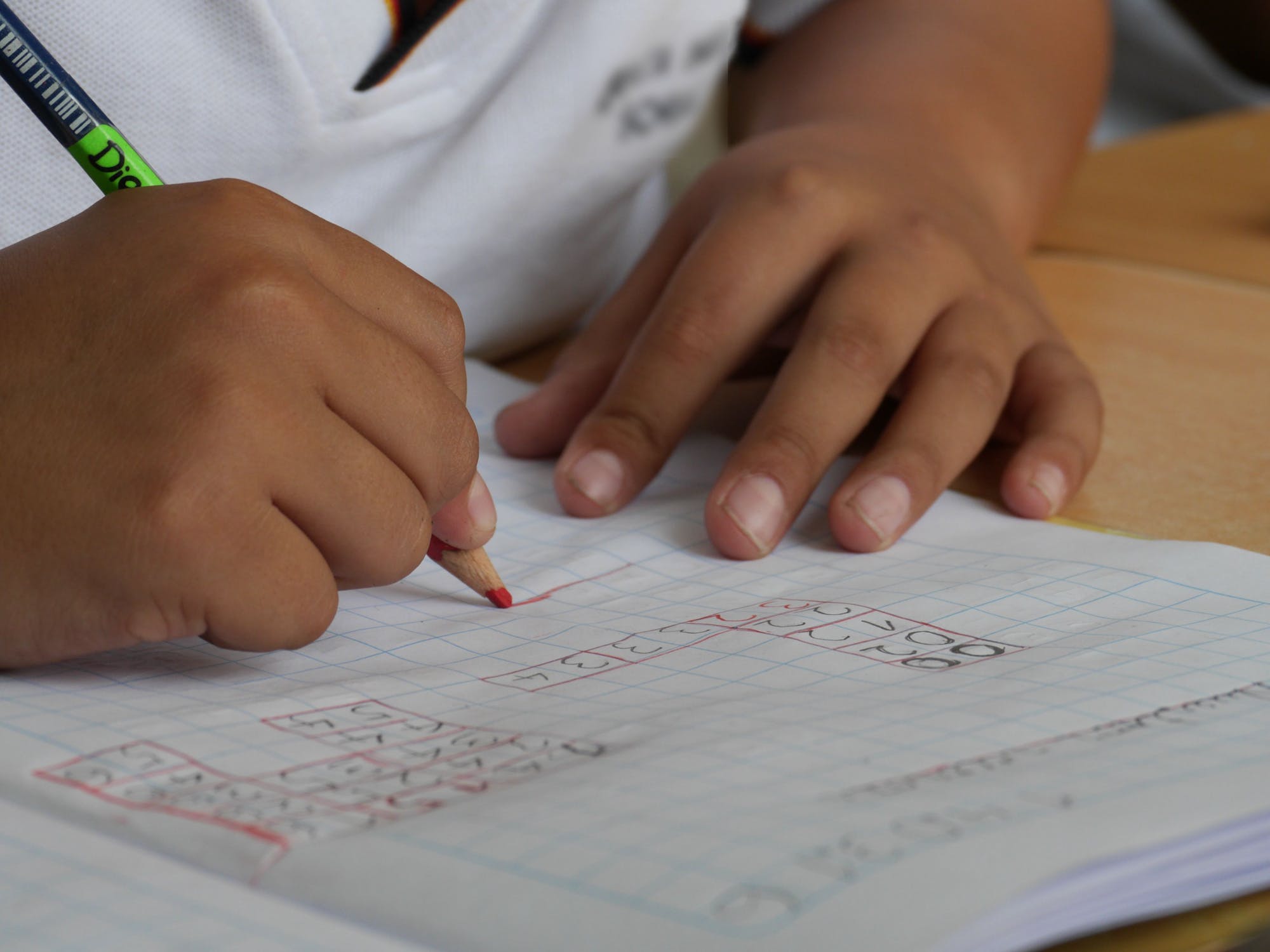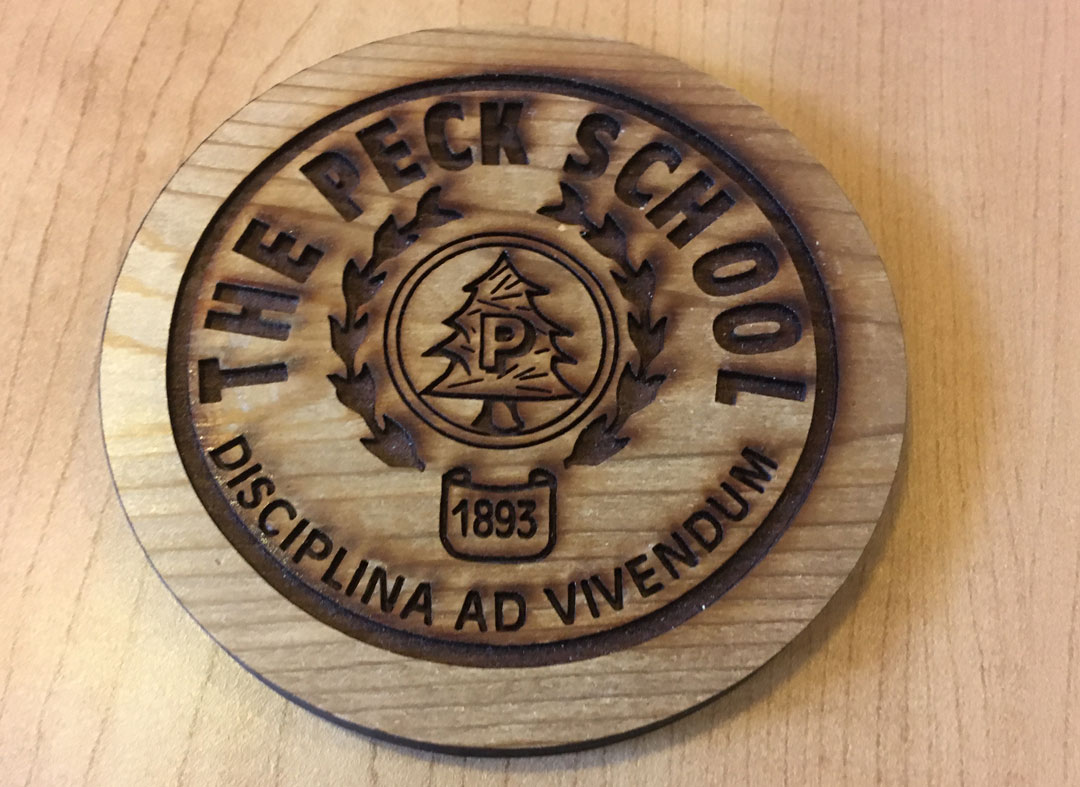One of the many pieces of the secondary school admissions process is a standardized admissions test. These tests help admissions officers predict a student's ability to be successful in the school's program. Here are seven ways you can help prepare your child for a stress-free admissions testing experience.
7 Tips To Prepare Your Child for Standardized Admissions Testing
In Peck's kindergarten, students study Eric Carle the author and in the art room they study Eric Carle the illustrator. Children are drawn to his colorful, imaginative illustrations and easily relate to his stories, which feature repetitive, predictable text and lovable characters inspired by creatures great and small. In honor of this, we have put together a dynamic, yet simple, DIY-project you can do at home with your budding artist.
7 Tips to Help Your Child Prepare for Secondary School Interviews
Head of The Peck School Andy Delinsky loves the rituals that accompany the opening of a new school year. As Andy explained, “Perhaps it's a trip for the fresh haircut or the outing for new school supplies or purchasing new school shoes. Whatever the ritual, it helps increase excitement for the newness of the year ahead.“
With that being said, the first day of school brings with it an assortment of emotions, ranging from excitement and anticipation to anxiety and nervousness.
JANE ATTAH, GRADE 2 TEACHER: Essential questions are meant to be thought provoking and should lead to other questions - questions that stimulate our minds to continuously ask how and what teaching children should be all about.
I know with certainty that all teachers have been asked why they choose to teach. The response is guaranteed to be different and personal for each educator. While some of us like to teach younger, and elementary age children, and others prefer middle school, high school, or college, all of us are fortunate and blessed to step into the classroom, with the goal of working towards fulfilling this essential question.
The more time and years I spend in the classroom, the more I make self-reflection a part of my teaching journey. In Gloria Durka’s book The Teacher’s Calling, she elaborates on teaching as a vocation and how those who teach can tap into their hearts and discover their true purpose for teaching. After fifteen years in the classroom, I can state with absolute conviction that I have found my vocation. Here is how I continue to find unending joy in teaching.
Topics: Grade 2 Teacher, Uncategorized
DAISY SAVAGE, HEAD OF UPPER SCHOOL: My husband and I are avid amateur birders. Our yard is loud with finch, sparrows, wrens, jays, cardinals, chickadees, nuthatch, and woodpeckers, and we tend our feeders as lovingly as we once fed our children. Throughout the spring and summer seasons, we come to recognize particular pairs and families. The goldfinch and cardinals in particular are lovely to watch as they live in devoted and careful monogamy.
This connection that we, as living beings, can feel towards others - and not exclusively to our 'kind' - is, for me, very powerful.
In the late fall and winter, the goldfinch usually move off to warmer climes, although this year they remained late: I thought I caught a glimpse of one late in February but couldn’t be sure. And then one Sunday as Tom and I trekked through the neighborhood woods and fields, we saw a telltale flash of blue: the Eastern bluebird, a certain sign of spring.
I worried for weeks afterward. Even at the moment of our joyful sighting, in 50 plus degrees of an extremely mellow February with March on the near horizon, I knew that frigid and capricious temperatures were on the way. I understand that, to some, such concern might seem trivial or even crazy. After all, birds are exceptionally smart and show incredible creativity and initiative in their instinct to survive. But what if something happened to that bluebird? I could not get it out of my mind. This connection that we, as living beings, can feel towards others - and not exclusively to our 'kind' - is, for me, very powerful.
Topics: Head of Upper School
BRUCE SCHWARTZ, DIRECTOR OF THE IDEA AND DESIGN LAB: 10%? Possibly. However, it certainly can’t be more than 15%.
Approximately one year ago, I was asked to lead Peck’s nascent Idea & Design Lab (ID Lab). Yes, at first, I was freaked out. Then, I became excited. Then, freaked out. Then, excited. You get the picture; however, you may be asking why the roller coaster ride of emotions?
Having been on the planning committee for the lab, I had an insider’s perspective on what this leadership role would entail. Likewise, I knew what the ID Lab would mean for The Peck School as we continue to embrace, promote, and foster the use of the design process for student-centered learning across the K-8 curriculum. Thankfully, we had an expert team of people on the committee to offer informed perspectives, insights, and experiences.
The Peck School has a nationally recognized professional development program, known as the Deep Dive. Well, I was about to dive very deeply into some highly unchartered waters!
DAISY SAVAGE, HEAD OF UPPER SCHOOL: Across the last few weeks, I have been thinking here and there about parenting (it's an occupational hazard). With three children in their 20s and years of work that have allowed me to watch hundreds of other parents, I like to think that I know something about it. But honestly, the more I reflect, the more I see the role of 'parent' as the proverbial onion: you're always peeling it and discovering yet another layer. And while that layer usually looks familiar, it is still new and somewhat unexpected.
The more I reflect, the more I see the role of 'parent' as the proverbial onion.
Topics: Uncategorized
This is the second in a series of blog posts highlighting the "Deep Dive" Professional Development Process at The Peck School in Morristown. Faculty members with more than three years of experience are expected to take a Deep Dive every four years to participate in a meaningful, reflective activity or project that will benefit them personally, as well as their students and the school. The goal of the Deep Dive is to have a lasting and direct impact on their teaching craft and curriculum.
TRANSFORMATIVE LEARNING THROUGH PROBLEM BASED MATH: A DEEP DIVE WITH AMY PAPANDREOU
BY CHRIS STARR - DIRECTOR OF MARKETING AND COMMUNITY OUTREACH
“There is one thing I’ve observed in my years of teaching. Too often, students are taught how to do things without being taught how to apply what they are learning to solve real world problems,” says Amy Papandreou, Upper School Math Teacher. So when Amy heard about the Anja S. Greer Conference on Math and Technology at Phillips Exeter Academy last summer and its focus on “Problem Based Learning (PBL) in the Math Classroom,” she knew it was the professional development opportunity for her.
Too often, students are taught how to do things without being taught how to apply what they are learning
Problem-based math is an approach that jump-starts the development of the skills essential to mastering higher-level math. Traditional mathematical concepts are still covered, but the problem-based approach makes learning math more intellectually rigorous and creatively engaging. In math, as in life, there may be a variety of ways that a solution can be reached. By capitalizing on this notion in the math classroom, teachers can encourage ingenuity in learning math while discouraging students from quitting on a problem when they feel they aren’t on the right track, or locating the “right answer”.
Topics: Director of Marketing and Community Outreach, Uncategorized
The National Association of Independent Schools recently highlighted Peck's Deep Dive process by adding an "Online Exclusive" to their Fall edition of Independent School magazine. The story chronicles the chair of The Peck School's Art Department, Mark Mortensen as he takes a Deep Dive into incorporating the Epilog Mini 18 Laser Engraving System into his woodworking program, and the resulting ripples this professional development had to students and teachers at Peck.
Topics: Uncategorized
